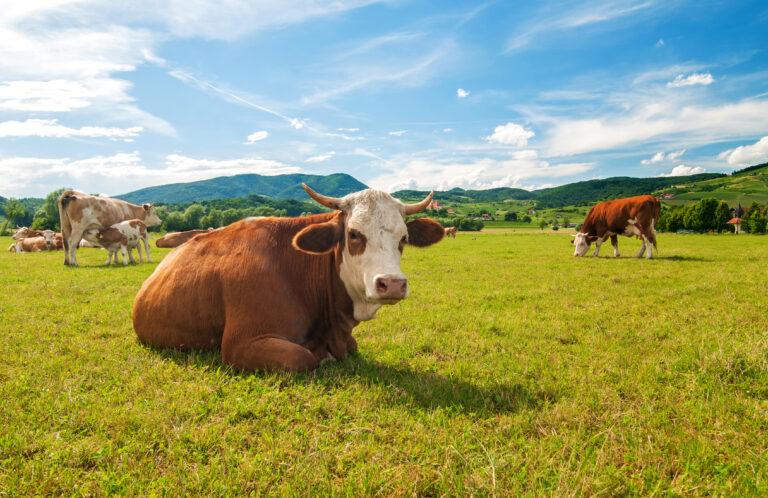Bovine besnoitiosis cases in Belgium
Besides animal welfare problems, protozoa parasite Besnoitia besnoiti causes serious economic damages in cattle trade. Symptoms are alopecia, skin problems, nodules in teats and scrotal oedema. In certain part of South Europe (southeast of France and Portugal) it is endemic, however, in the northern region it is an emerging risk. In the last century, the situation has changed dramatically as cases were reported from several non-endemic regions such as Germany, Italy, Switzerland, Croatia, and Hungary.
In Belgium, imported cattle are systematically monitored since 2018, and an awareness campaign has been issued. In 2019, there were 12 identified cases.
Besnoitiosis is not a notifiable disease in Europe. According to the conclusions of EREN, risk management has to be initiated including raising awareness of breeders and veterinary practitioners, facilitating information exchange between European countries and risk-benefit analysis to evaluate the cost of tests versus the losses caused by the disease in order to create proper control strategies, and creating the appropriate regulatory environment.
Increased number of bovine abortions in Belgium
The issue was first presented to EREN in 2014. The increase in the number of bovine abortions is caused by pathogenic bacteria from Leptospira genus. The symptoms were icterus and splenomegaly. In 2021, the number of abortions increased again. It was explained by the increased rodent (vole) populations as vectors of the disease. Belgium expressed their views regarding the connection between the flooding in the summer and the increased number of rodents, which may indirectly contribute to the increased number of leptospirosis cases.
Germany confirmed the connection based on their experience. Italy also shared information about a peak in the number of rodents, however, in their country it was not connected with flooding, neither caused increased leptospirosis cases. Notification of leptospirosis is mandatory in case of pigs and sheep, there is a slight increase in the number of cases since 2016. Experts from EFSA raised awareness regarding the 5-year cycles of rodents caused by the connection with vegetational reproductivity. Results of vaccination have been questioned because it might have led to the emergence of new serovars that caused the new illnesses.
Belgium concluded on the importance of understanding other drivers, identification of the risk and protective factors and the measurement of economic losses for creating appropriate management options and also awareness campaigns for breeders and veterinary practitioners.

